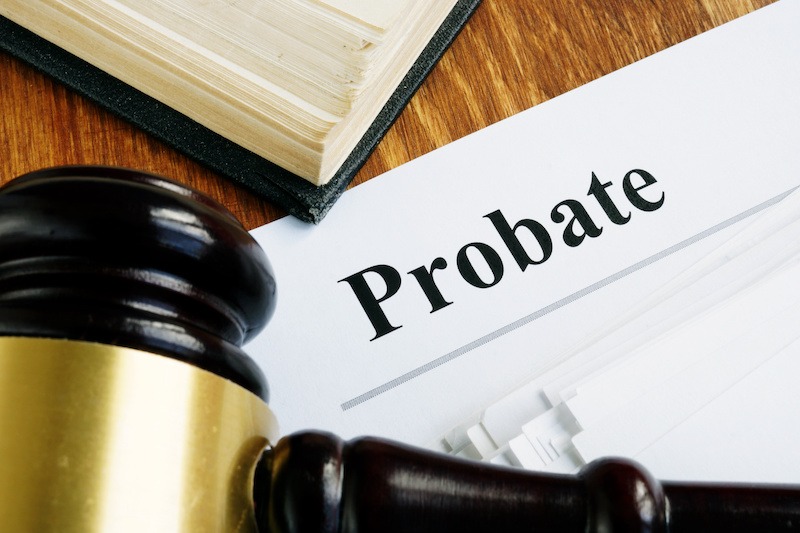Most people want their assets to avoid probate following death, but few understand why. Most know that probate can be expensive and time consuming, but know few of the benefits of avoiding probate. My goal here is to help you make an informed decision on whether avoiding probate would benefit you and your family.
There are several basic reasons to avoid the Probate process.
- After death, a Will is filed and an estate is opened in the Probate Court in the county where the decedent lived. These filings are public records for anyone to see and review, including (in Hamilton County, and many other counties) online. The filings can include names, addresses and birthdates of beneficiaries, and personal information about the decedent’s assets (even bank account numbers or vehicle VINs). Who reads this information? Salesmen, real estate brokers, neighbors, disgruntled family members or by anyone seeking personal advantage from it.
- Probate can tie up property for months, sometimes up to a year or more. The Probate process involves a series of time deadlines for filing the Inventory of Assets, estate tax returns and the executor/fiduciary account. Often, little happens between deadlines. However, the estate may need to remain open until the time period expires for creditor claims, tax return filings and asset sales. During this time the assets remain tied up in probate.
- Probate is a court process in which the Probate Judge or an assigned Court Magistrate supervises and schedules hearings to review the work of the executor and attorney. Thus, the Court, not the family, supervises and authorizes the settling of all debts and the payment of inheritances, which involves time, delays and additional expense.
- Probate can be expensive, involving court costs, appraisal fees, executor or fiduciary fees, attorney fees and sometimes accounting fees. Administration fees charged by the executor (set by state law based on the size of the estate) and attorney (set either by estate size or an hourly rate) are usually the largest expense of the estate.
Probate thus is intrusive, time consuming, lengthy and expensive, and offers few benefits for most families. Probate’s defenders contend that it prevents fraud in transferring a deceased person’s property and that it protects beneficiaries by promptly resolving creditor’s claims. However, most property is transferred within a close circle of family and friends, and very few estates face large claims from creditors. Probating such estates is an unnecessary clerical expense.
Avoiding probate is not difficult. You can do it when you sit down with an attorney to prepare or update your estate plan. An experienced estate planning attorney can help you avoid the probate of your current assets and assets you acquire in the future.
Remember: “An ounce of prevention is worth a pound of cure.” When making your estate plans or when probating an estate or administering a trust, do not go it alone. Be sure to engage a Cincinnati estate planning attorney.
For more information about estate planning, probate or trust administration in Cincinnati (and throughout the rest of Southwest Ohio) and to review free resources regarding estate planning, probate or trust administration, visit my website. If you have questions regarding this article or a particular legal matter, feel free to contact me at 513-399-PLAN (7526). David H. Lefton is an Estate Planning and Probate Attorney. He is a partner in the law firm of Barron, Peck, Bennie & Schlemmer.



